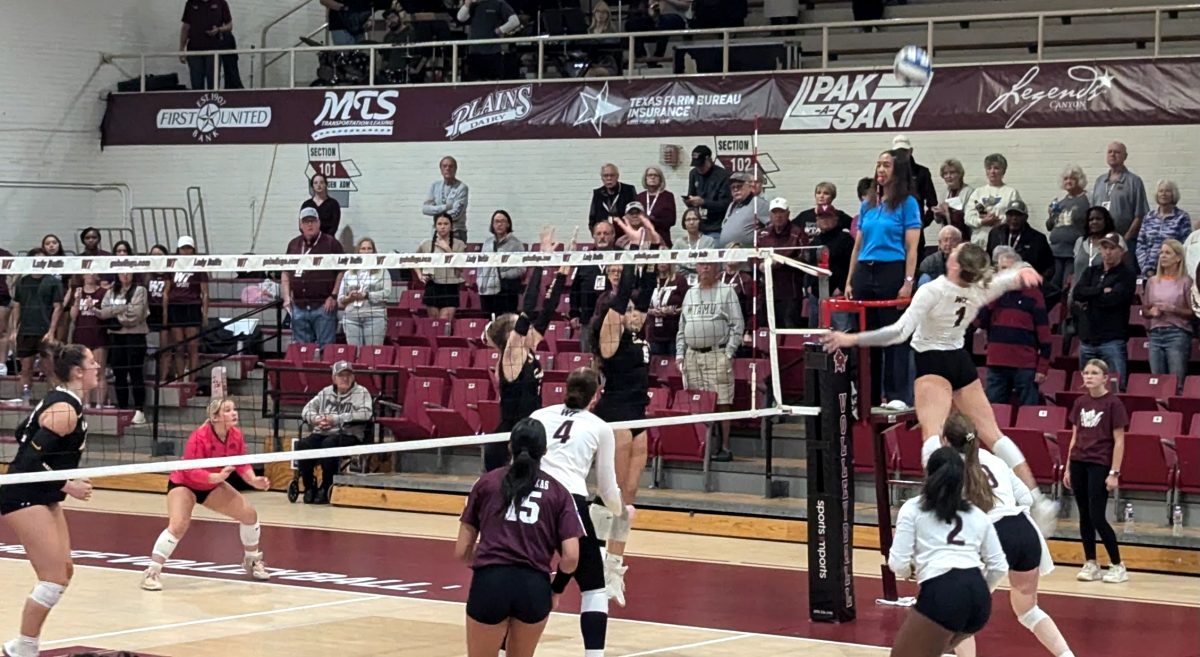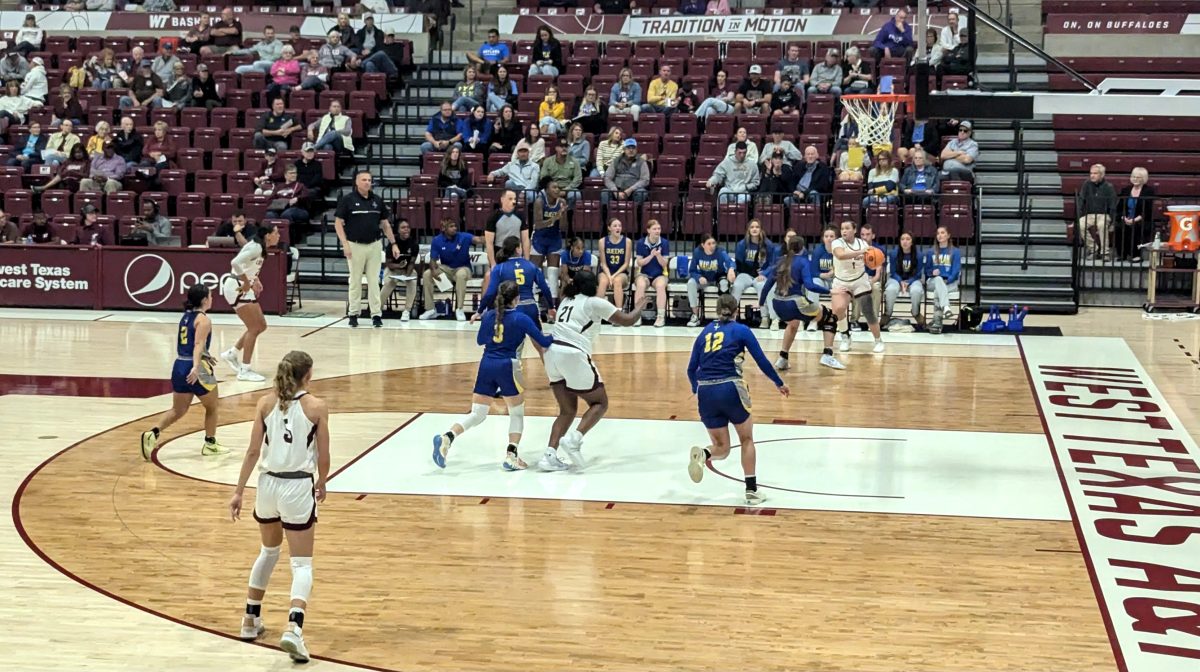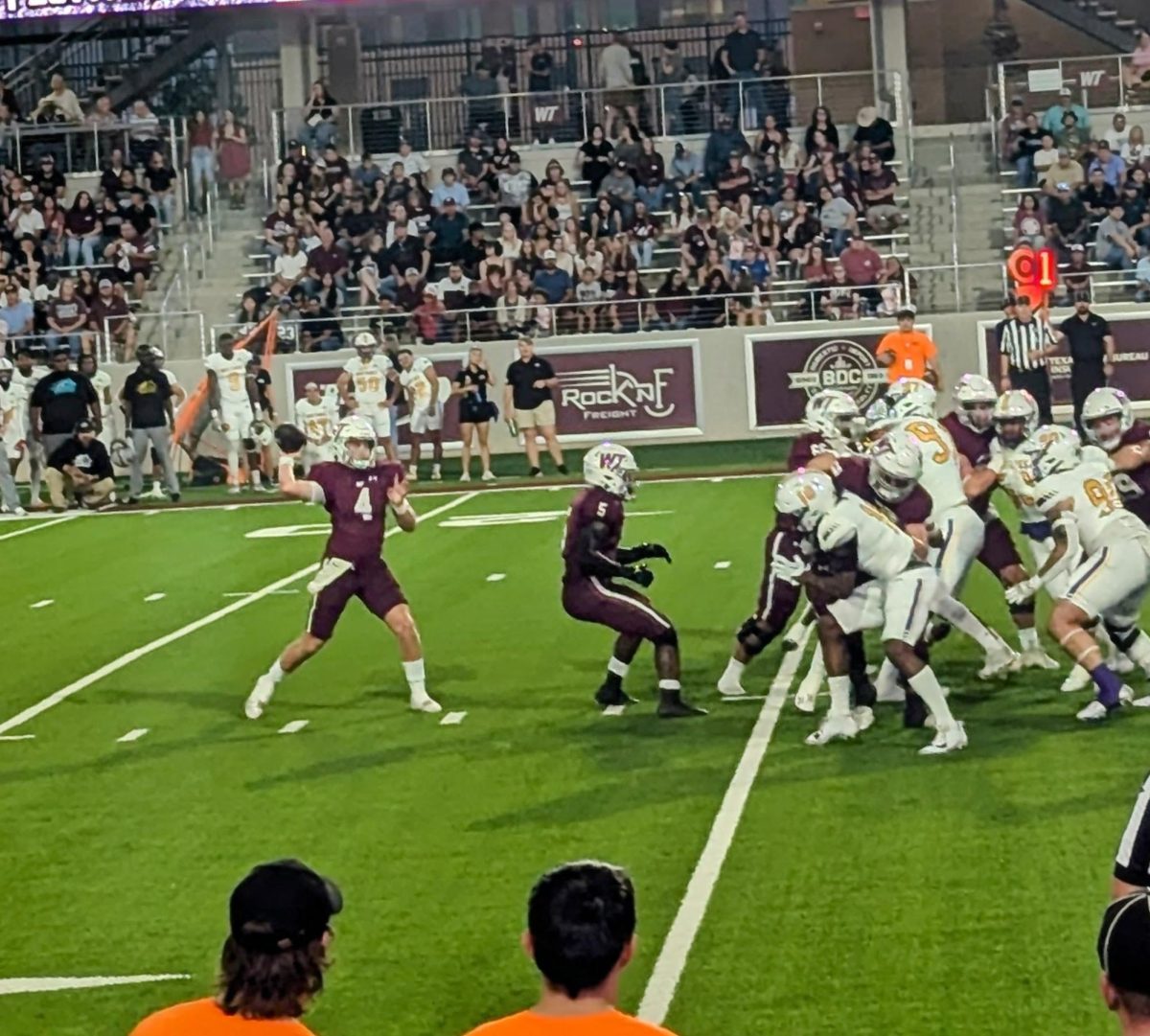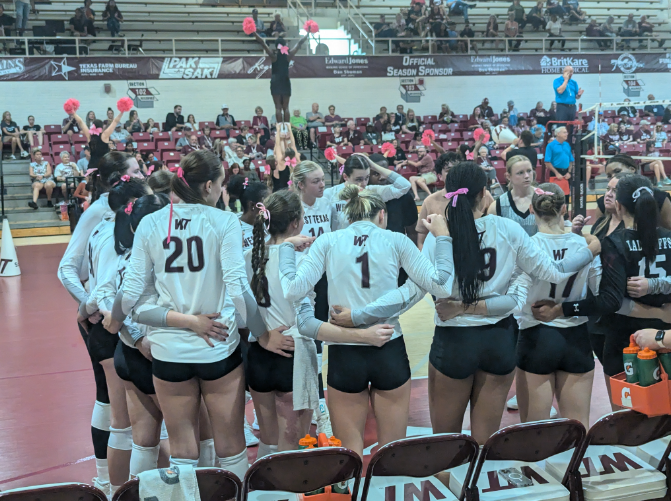
Whether you are an avid reader of The Prairie or this is your first time picking up an edition, I would like to introduce myself. As the new kid on the block, I will provide sports commentary that will bring you inside the mind of an athlete.
That may or may not be to your liking but I ask you bear with me.
I am Nathan Slaughter, former WTAMU football player. It seems a little odd adding “former” in my title as I just wrapped up my senior season months ago.
Nonetheless, I have been tasked to share my comments on the beloved sports world.
Commonly, athletes read material with praises or criticisms of themselves and teammates. The comments usually stem from individuals with no experience on the field of play. Typically, that is not an issue when the reporter is devoted to the profession. Yet there still is disconnect from time to time.
Thus lays my passion and aspirations to be involved in the sports communication profession.
With the introductory statements out of the way, let’s dive into what’s been brewing on my mind for the past week, the Super Bowl.
Personally, I wanted the Seattle Seahawks to come out on top, but my gut instinct told me to not count out Peyton and his record breaking offense. As I watched the game, I wondered where that instinct came from.
If you look at the numbers, Peyton did what he normally doesn’t do, turn the ball over. During the regular season, in sixteen games Manning only threw a total of ten interceptions.
During the Super Bowl, Peyton threw two interceptions along with a fumble on the first play of the game. It is that performance that has people questioning if the game hurt his legacy.
My reaction to the question, however is that Peyton’s Super Bowl performance validates his legacy. Now before you put the paper down, call me mean names and question my reasoning, take a look at the numbers.
Throughout Manning’s career he has been a staple of the term “franchise quarterback.” But after taking a closer look, Manning should be a primary example of the term “regular season franchise quarterback.” The comparisons of his career regular and postseason numbers support my reasoning.
Manning has a winning percentage of 69.5 during the regular season compared to 33 percent in the playoffs. A quarterback rating of 97.2 compared to 89.3 and drop-offs in every statistic that is categorized. Manning, a quarterback who is known for taking care of the ball, turns it over more commonly in the playoffs, with 24 postseason interceptions in 23 games.
Now nobody can doubt Peyton Manning’s abilities, as well as him going down as one of the greatest quarterbacks of all time. In terms of his legacy, however, there will be many debates.
One thing I can add to the argument is “Men lie, women lie, but numbers don’t lie.”














